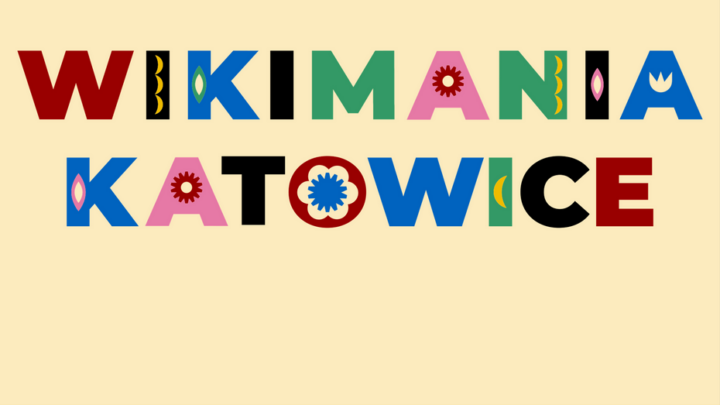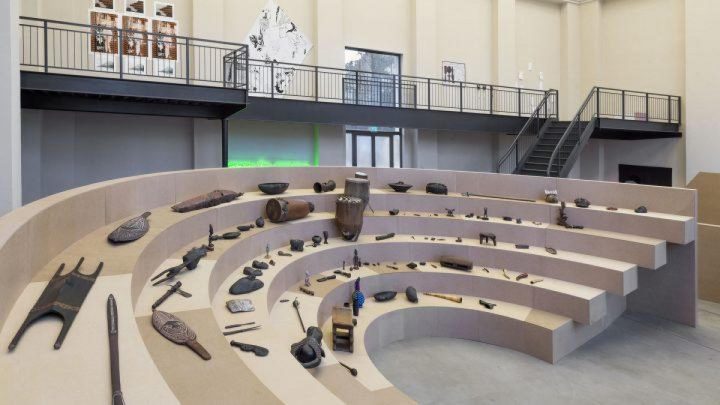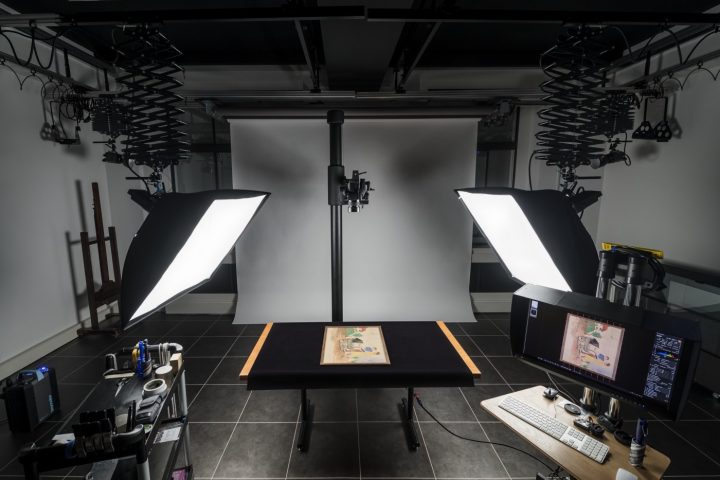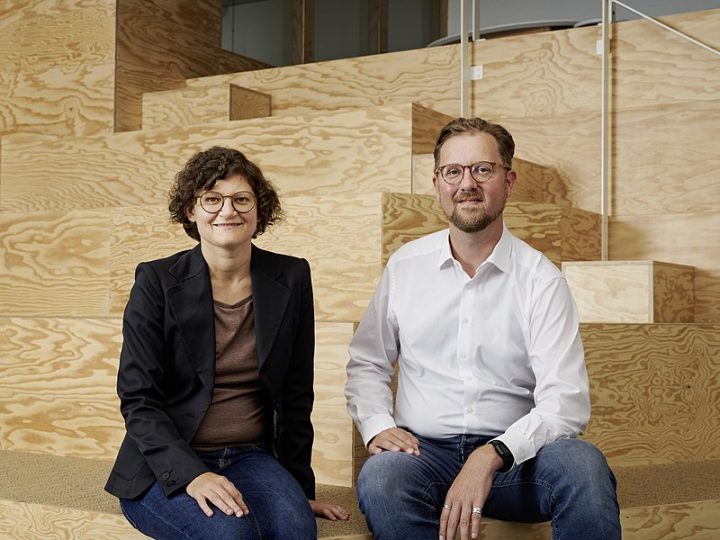UNESCO calls for participation: Recommendations on Open Educational Resources
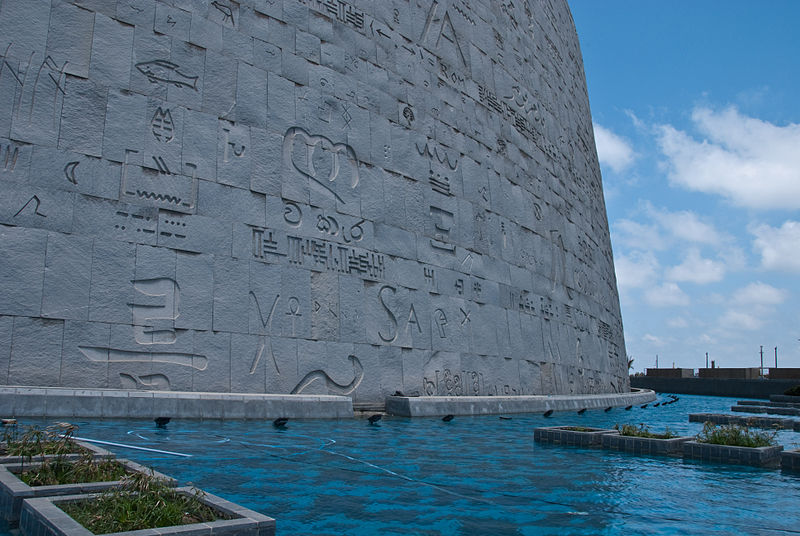
WMDE allgemein
31. May 2018
The UNESCO recommendations are not required to be ratified 1:1 by the member states, but should serve as an instrument that influences the policies of the member states (see also the introduction of UNESCO on their various instruments).
Who can comment on the draft?
UNESCO has invited individuals and organizations from all over the world to comment on this initial draft of its OER recommendations and to share their perspectives and assessments with UNESCO in order to influence the future development of the recommendations. Comments can be made in English or French via this link.
Why is it important?
Open Educational Resources (OER) are free-licensed educational materials, meaning that their retention, reuse, revision, remixing, and redistribution are explicitly permitted. And contrary to most other educational materials, which are only available within educational institutions such as schools or colleges, free-licensed OER are usable and customizable as free knowledge for everyone – a fundamental value that we at Wikimedia Deutschland are committed to.
Although UNESCO recommendations are not binding, UNESCO member states are required to regularly report back on the current status of the topic to which a recommendation pertains; concrete guidelines can be found on the UNESCO website. If the UNESCO recommendations on OER become reality, every member state will also be required to make their current developments in relation to OER transparent and to comment on them. This has the effect of strengthening the general conditions for OER, and thereby for free knowledge. Therefore, it is all the more important to make sure that the measures described by the UNESCO OER recommendations are concretely described.
How does Wikimedia Deutschland contribute to the design of UNESCO?

Kostas Kokkinos from Athens, Greece, Words on a Wall, CC BY-SA 2.0
We have prepared comments on the UNESCO draft and submitted them online via this link. Although it is not entirely clear to what extent the input will be taken into account, we encourage everyone to submit comments and suggestions in order to improve the recommendation.
Our assessments of the individual points of the recommendation are the following. Each comment is marked with the corresponding chapter number:
I. Definition and Scope
1 We encourage UNESCO to explicitly include not only the term “teaching, learning and research materials” in the definition of OER, but to also acknowledge software and data and possibly even hardware to work on as OER.
3 For them to reach their potential regarding equitable and inclusive access, OER should not only be openly licensed but also distributed in open and editable formats. This fact can and should be pointed to in this section.
II. Aims and Objectives
5 We encourage UNESCO to speak of “open teaching, learning and research materials including software, data, and hardware” in this section to prevent potential misreadings of this paragraph.
6 With regards to costs of educational materials, UNESCO is highly encouraged to point out the usefulness of the argument that publicly funded resources should reside in the public domain or should be accessible under an open license.
8 We encourage UNESCO to point out that these global processes of co-creation should not be one-directional (resources from the Global North are adapted in the Global South) but that a multidirectional approach of co-creation is an opportunity to foster diversity in educational contexts all over the world.
9(ii) We want to stress the strategic importance of the equation “public money => public resources”, which we explicitly do not limit to learning and teaching materials but to all resources as pointed out in 1).
9(v) We highly recommend to actively foster adaptation of resources from the Global South in the Global North to prevent potential asymmetries between creation and use.
III. Areas of action
12(a) UNESCO is encouraged to advise member states to ensure that the handling of OER is firmly integrated into the training of anyone teaching others, including but not limited to, formal teaching and study programs.
12(d) Following up on our recommendation in I., we encourage UNESCO to include Open Software and Hardware in the list of policies to adapt and align.
13 & 15 We propose to add a section addressing potential asymmetries in the creation and the use of resources between the Global North and the Global South in order to highlight this problem.
14 We highly encourage UNESCO to include a recommendation arguing that public funds should lead to publicly available and openly licensed goods and resources.

